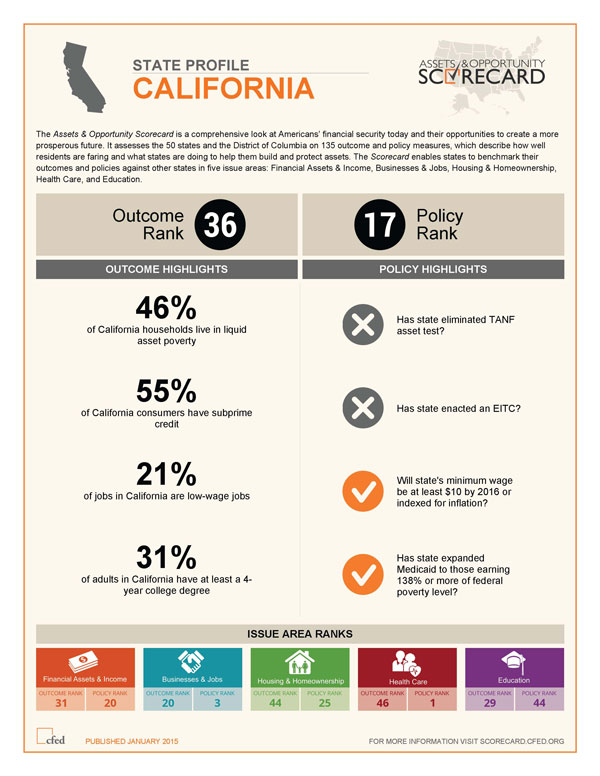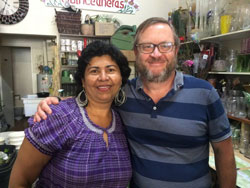
Imagine for a moment a young parent who has been laid off from their job. After months of looking for work they still have not found a job. To make ends meet they start doing landscape work for neighbors in the area, eventually jump-starting a landscaping business to provide for their family. With some hard work, they start to build up a clientele in the local neighborhood. While they are starting to get back on their feet slowly, they realize at the current rate, the business will not completely meet the needs of their young family. If they could borrow just $3,000 to buy some more mowers and trimmers, however, they could hire two friends and double the size of the business.
With that in mind, let’s assume that they have a mediocre credit score, their credit card has a credit limit of $1,000 and they are maxed out. Furthermore, they don’t own a home to borrow against, and the loan size they are seeking is too small for a bank to even consider. However, if they could get a $3,000 loan, they could expand their business, create two new jobs and better provide for their family. There are folks just like the person described above all across the country looking for help. But where do they turn?
Alternative financing options provide an avenue for entrepreneurs and other small business owners looking for commercial funding, who are otherwise turned down from more traditional financial institutions, such as banks and credit unions. By leveraging business credit data from credit bureaus, such as Experian, as well as other data sources, alternative financers are able to make lending decisions and extend credit to this segment of small business owners, enabling them to finance their company’s growth, ultimately stimulating the economy.
One example of an alternative financer using such data to help open opportunity for small businesses is Opportunity Fund, a non-profit micro lender in California. Otherwise known as Community Development Financial Institutions, these micro lenders aim to create economic opportunity for underprivileged businesses in the U.S.
And the need for these alternative financial institutions in California is critical. Despite recent upticks in our economy nationwide, things are still very tough in the Golden State. New data released by the Corporation for Enterprise Development (CFED) show many Californians are still struggling to gain a foothold in the economic recovery. CFED’s 2015 Assets & Opportunity Scorecard ranked California 50th among all states and the District of Columbia, for its large number (15.8 percent) of underemployed workers, 49th for both its home ownership and housing affordability rates, and dead last (51st) for high school degree attainment.

Needless to say, there are a number of small business owners in California looking for financing to help grow their business. Organizations like Opportunity Fund help these business owners find affordable funding, and educate them on what they need to know about expanding.
How alternative financers are helping?

A prime example of how alternative finance options are helping small businesses is the story of Paradise Flowers and Gifts. In Opportunity Fund’s most recent video, CEO Eric Weaver describes first meeting Rosa Funes, and how she described her longtime love of flowers. As a loan officer at the time, Eric described going to Rosa’s home and knocking on her door. She needed $500 to start a flower business. The amount was smaller than they had ever considered, but Eric was so moved by her story and her drive that he looked at her and said “Yes”, and told her “Rosa, you have a dream, don’t stop.”
Alternative finance options, like Opportunity Fund are working hard every day to help small business owners and entrepreneurs gain the financial footing they need to succeed. After all, they are the backbone of our economy.
The work that Opportunity Fund and other alternative financers have done will create a powerful ripple effect to drive economic opportunity across California, and the rest of the country. It’s the perfect example of how data can be used for the betterment of society and helps these smaller entrepreneurs grow.
